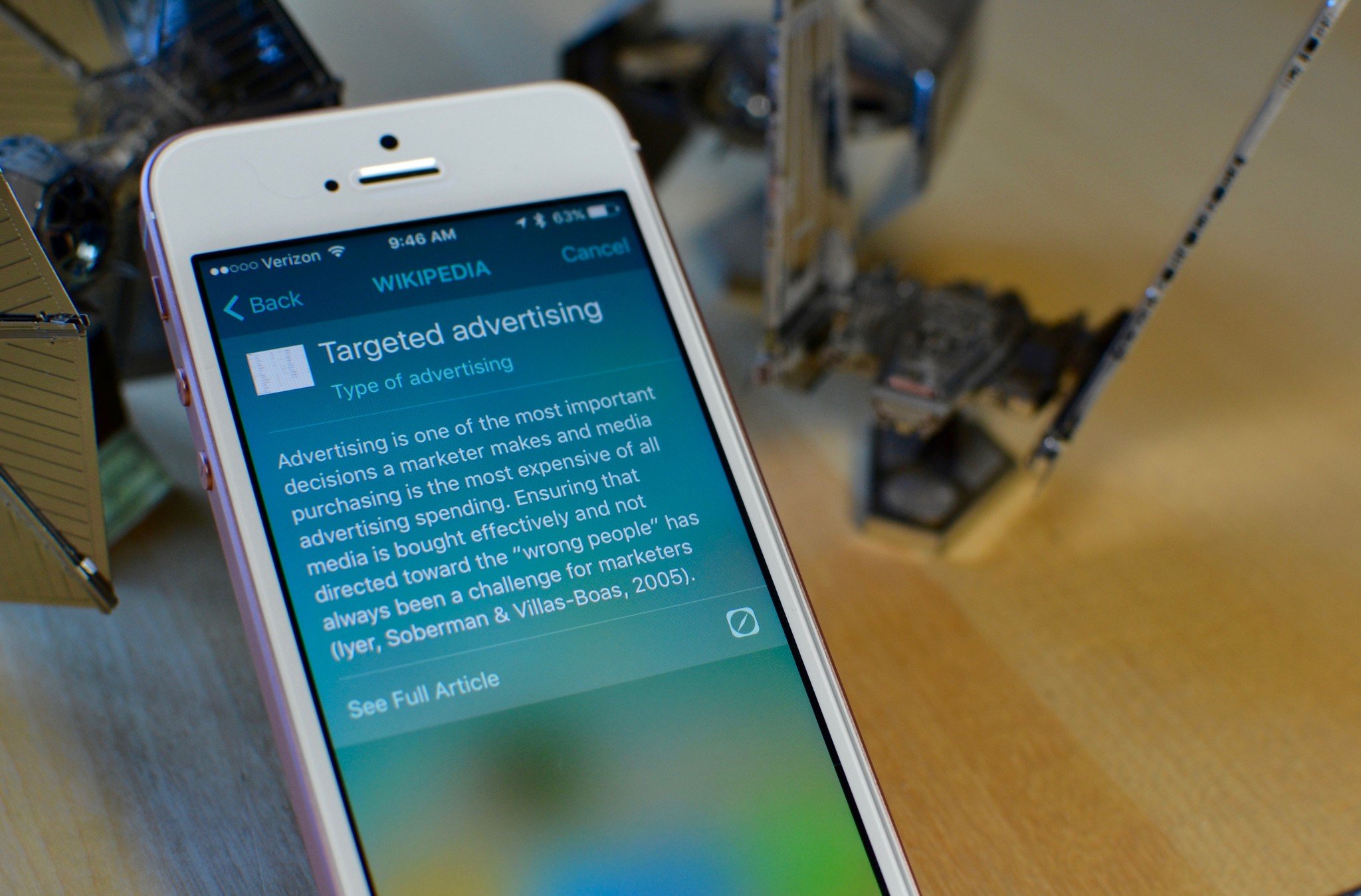Apple updates policy on third-party ads in kids games and provides more Sign in with Apple info

What you need to know
- Apple's changes are live now.
- Developers have until March 2020 to update apps.
- Ads can now transfer data and collect analytics. Sometimes.
Apple announced plenty at its WWDC event in June, not least some changes to how ads can work in kids games as well as the whole new Sign in with Apple service. Now Apple has provided some more information on both changes via an interview with TechCrunch.
The changes to what ads can and can't do in kids games caused quite the stir in the developer community back in June. Many were concerned that Apple was about to torpedo their business models, which often rely on ads and the information they collect about their users. Apple then met with developers and ad companies to thrash things out according to Apple VP Phil Schiller. And here we are.
"As we got closer to implementation we spent more time with developers, analytics companies and advertising companies," said Schiller. "Some of them are really forward thinking and have good ideas and are trying to be leaders in this space too."
The result is what Apple believes is a more rounded rule change, one that protects users without destroying companies. Those changes amount to:
- Games in the Kids category should not use analytics or ads from third parties. But in some cases, they can. That's a climbdown from the previous language which forbid any from being used at all. Analytics may be used, but only so long as no personal identifiable information or device information is sent to third parties.
- Third-party contextual ads may be allowed, but only if the companies that provide the m have public practices and policies in place. They must also offer human review of ads, too. That could be problematic, especially considering most ads are far from human-generated.
- Developers are not allowed to use terms like "for kids" or "for children" in app metadata for apps that don't reside in the Kids category on the App Store.
- Apple has removed language that prevented any data from being transmitted to third parties if an app is in the Kids category. That was the key change developers were looking for.
As of now all new apps must follow these new guidelines, with existing apps given until March 3rd 2020 in order to comply.
Apple has also cleared up some confusion about its Sign in with Apple service, too. Designed to prevent users from having to sign into apps and services with their social accounts, Sign in with Apple is big news. It's also required for any app that exclusively uses social accounts and credentials.
Apple has clarified exactly what that means, with four new conditions explaining when Sign in with Apple will not be required. Those conditions are:
- Your app exclusively uses your company's own account setup and sign-in systems.
- Your app is an education, enterprise, or business app that requires the user to sign in with an existing education or enterprise account.
- Your app uses a government or industry-backed citizen identification system or electronic ID to authenticate users.
- Your app is a client for a specific third-party service and users are required to sign in to their mail, social media, or other third-party account directly to access their content.
If an app doesn't tick one of those boxes, it must offer Sign in with Apple if it uses social logins.
Master your iPhone in minutes
iMore offers spot-on advice and guidance from our team of experts, with decades of Apple device experience to lean on. Learn more with iMore!
All new apps submitted today and beyond must comply, with existing apps given until April 2020 to be updated.

Oliver Haslam has written about Apple and the wider technology business for more than a decade with bylines on How-To Geek, PC Mag, iDownloadBlog, and many more. He has also been published in print for Macworld, including cover stories. At iMore, Oliver is involved in daily news coverage and, not being short of opinions, has been known to 'explain' those thoughts in more detail, too. Having grown up using PCs and spending far too much money on graphics card and flashy RAM, Oliver switched to the Mac with a G5 iMac and hasn't looked back. Since then he's seen the growth of the smartphone world, backed by iPhone, and new product categories come and go. Current expertise includes iOS, macOS, streaming services, and pretty much anything that has a battery or plugs into a wall. Oliver also covers mobile gaming for iMore, with Apple Arcade a particular focus. He's been gaming since the Atari 2600 days and still struggles to comprehend the fact he can play console quality titles on his pocket computer.
